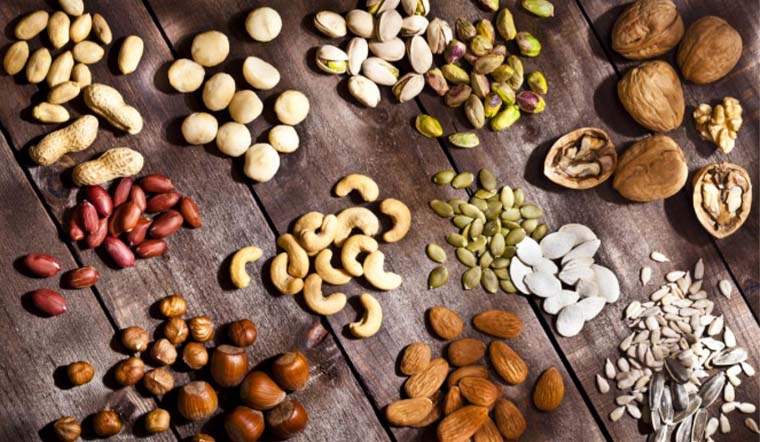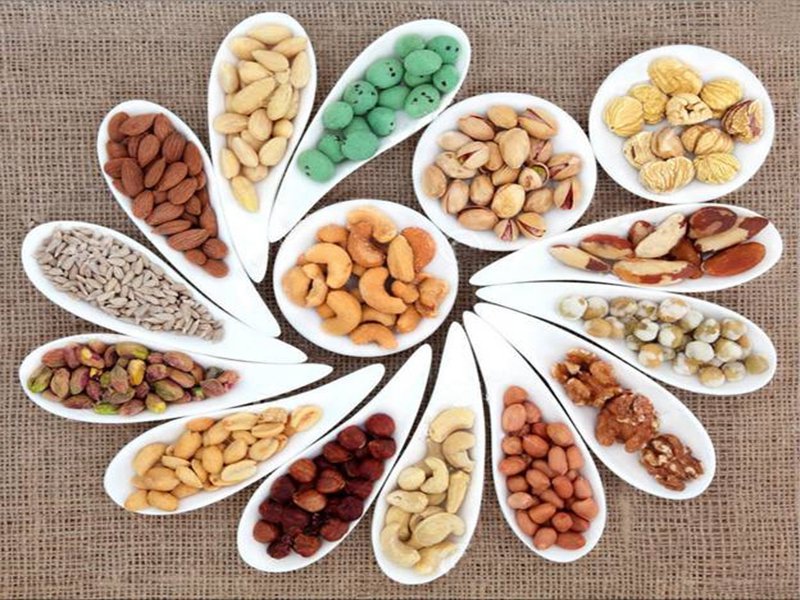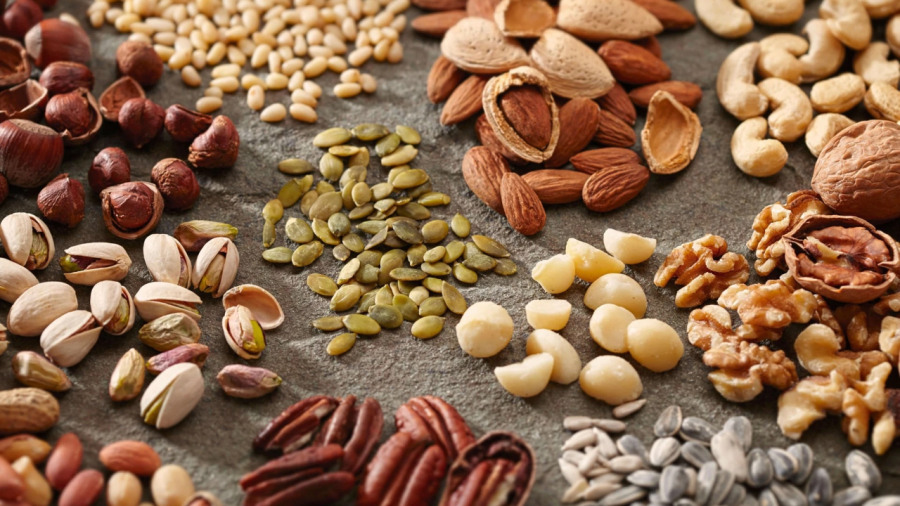The Benefits of Seeds to Your Health
Seeds are considered to be good for your health and have a positive impact on your body. However, not everyone knows how to scientifically use these foods to maximize their benefits.
There are many different types of seeds to choose from, depending on the preferences of each family. Some popular types include pumpkin seeds, cashews, peanuts, sunflower seeds, and almonds.
They contain many essential vitamins and minerals for the body. They are rich in fats, high amounts of vitamin E, magnesium, and selenium. They also have antioxidant properties. The polyphenols in seeds help neutralize free radicals and reduce the risk of many dangerous diseases.
People who have a habit of consuming seeds in a scientific and moderate way can improve their health and reduce the risk of cardiovascular disease, cancer, and diabetes. Seeds are also known for their anti-inflammatory properties and protect the body from harmful agents.

Things to Note When Consuming Seeds to Avoid “Side Effects”
Although they contain many excellent nutrients, you still need to consume seeds properly. Consuming too many seeds can lead to various problems such as weight gain and digestive discomfort.
Some types of seeds also contain a small amount of toxins. They are also high in calories, which can lead to weight gain and mold growth, which is detrimental to human health.
Therefore, to limit weight gain from consuming seeds or pressure on digestion, you should pay attention to the following:

Choose Whole Seeds
The market is now flooded with various types of seeds and products with different origins. You should look for seeds that have undergone minimal processing because processing can reduce their nutritional value.
In particular, you should avoid seeds that are coated with sugar, salt-roasted, fried, or added with fats and oils as they can increase the calorie content. Eating salt-roasted seeds can lead to weight gain and high blood pressure.
Avoid Overconsumption
Each day, a person should consume a handful of seeds and eat them sporadically throughout the day, treating them as a snack. For example, when it comes to peanuts, eating 6-7 seeds is enough.

Create Light Dishes with Seeds
You can make light dishes with seeds to avoid weight gain and digestive discomfort. You can sprinkle them on salads, soups, or desserts… whatever suits your taste.
Combine with Other Foods
Exploring the Connection Between Marriage and Health Outcomes
 Health Outcomes’>
Health Outcomes’>The impact of married life on health can be profound. Those in a happy and fulfilling marriage often experience better health overall, while those in unhappy marriages can suffer from a range of physical and mental health issues.
What You Need to Know About Chocolate
Despite its tasty flavor, there are long-standing concerns that eating too much chocolate may lead to weight gain and tooth decay. Despite this, chocolate continues to be a popular indulgence during holidays and a meaningful gift to share with loved ones. It is also a popular ingredient for beauty treatments.
“Learning How to Take Control of Your Weight Gain”
Are you unsure how to gain weight in a healthy or speedy manner? The internet contains a wealth of information on the topic, rendering it hard to choose the ideal approach. To help you make the right decision, this article will provide an overview of the best foods to aid you in reaching your objectives.




































